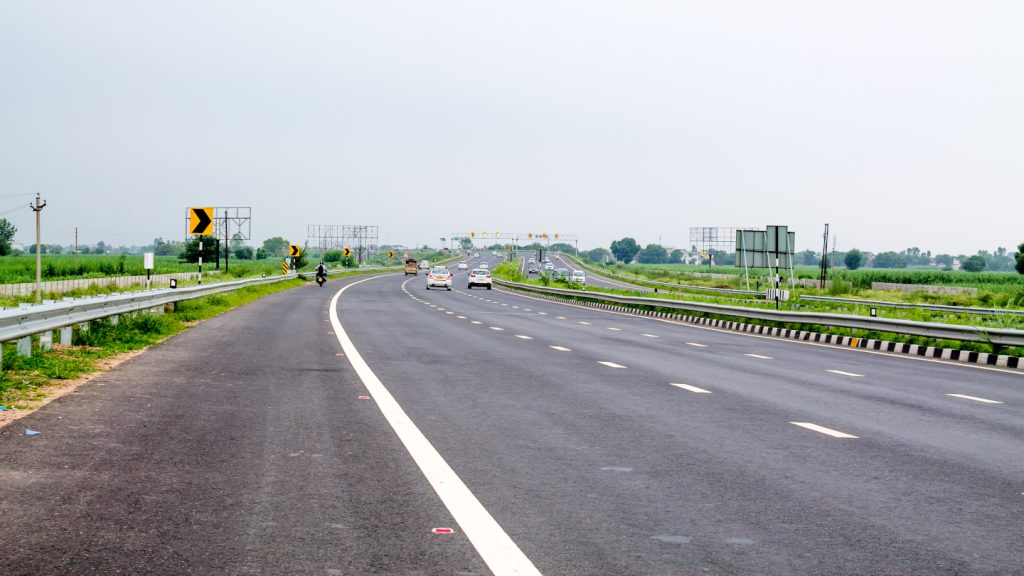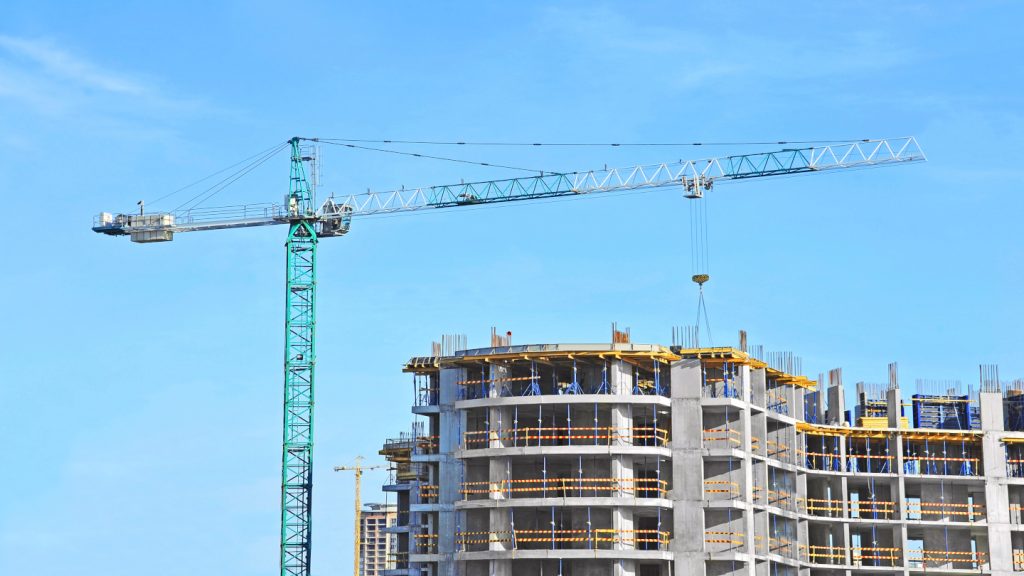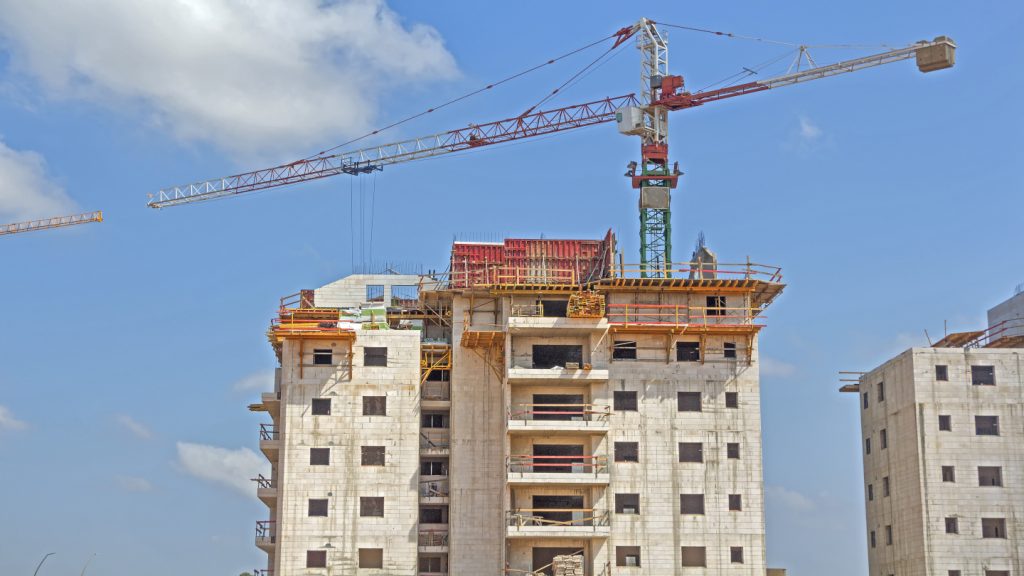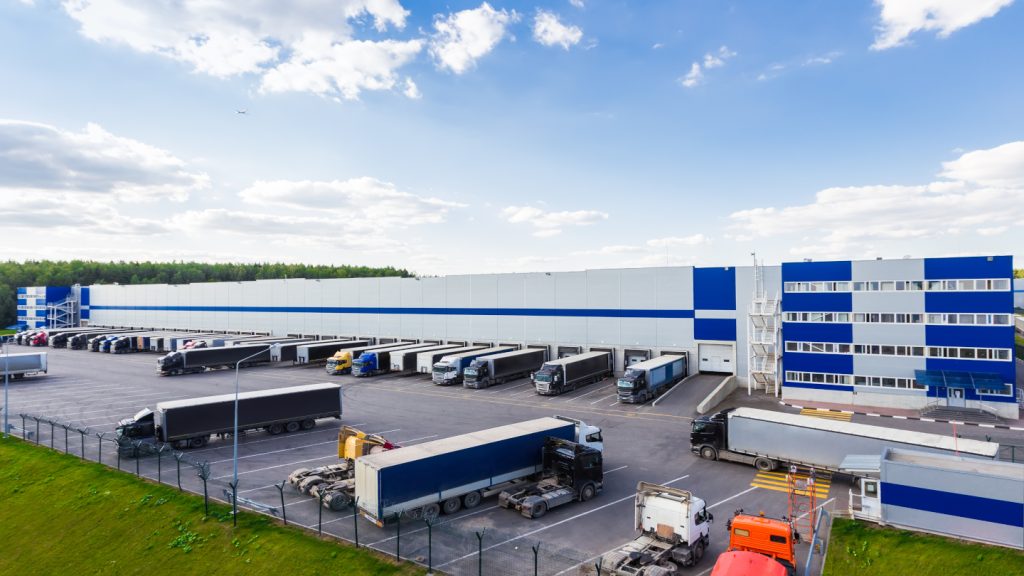The Indian government is contemplating the adoption of automated machine-aided construction (AIMC) for its national highway projects.
This initiative, announced by the country's Ministry of Road Transport and Highways, aims to enhance the construction quality of India's infrastructure.
The ministry stated in a draft circular that highways are currently initially built manually and then evolved to mechanised methods. However, with technological advancements and the availability of intelligent road construction machines, now is the right time to adopt AIMC.
This AIMC technology is designed to digitise construction data, facilitating the use of digital twins and ensuring strict adherence to design specifications with increased transparency.
The National Highways Authority of India has initiated a pilot of AIMC on the Lucknow-Kanpur Expressway, utilising advanced equipment such as GPS-aided motor graders, intelligent compactors, and stringless pavers.
The Ministry of Road Transport and Highways has been addressing the persistent issue of substandard construction quality in Indian infrastructure, Business Standard reported.
Earlier in the year, it updated the criteria for qualification and performance evaluation of project planners, placing increased importance on technical specifications for bidders.
Furthermore, it implemented a contractor rating system that is aimed at monitoring quality and ensuring accountability.
The ministry says that the AIMC method offers numerous advantages such as efficiency improvements, waste minimisation, timely project completion, and better construction quality.
It guarantees uniformly compacted surfaces and longer-lasting roads, coupled with real-time documentation of the construction progress.
The aforementioned pilot programme is set to cover select expressways and access-controlled national highways.
India currently has approximately 3,000km of high-speed corridors and plans to expand by an additional 45,000km by 2047.
















